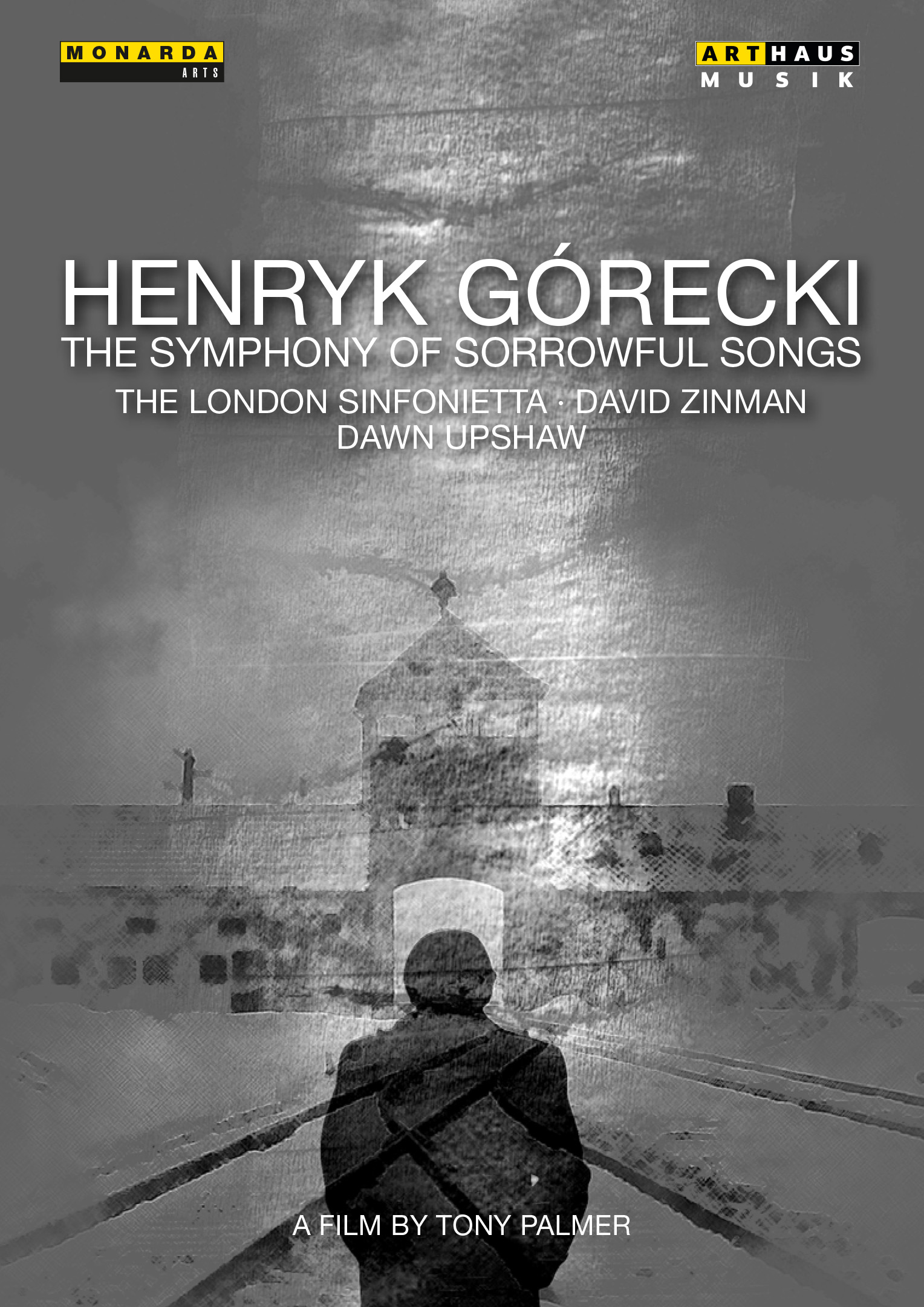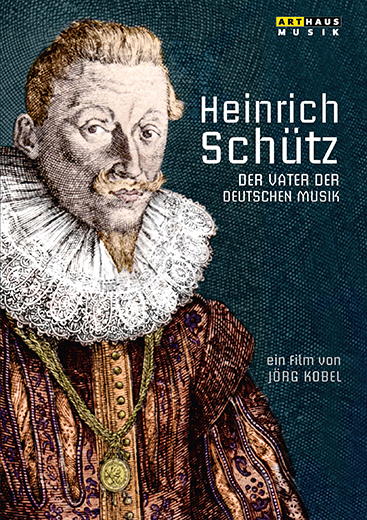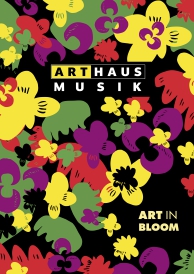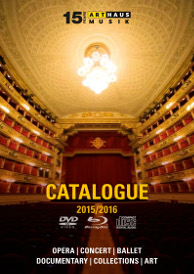
HENRYK GÓRECKI
Henryk Górecki



Henryk Górecki
HENRYK GÓRECKI
1993
Soloists:
Dawn Upshaw
Conductor:
David Zinman
Director:
Tony Palmer
In the darkest days of the Solidarity Movement, when military rule almost destroyed democracy in Poland, the music of Henryk Górecki was the most eloquent voice of protest, a rallying cry for the oppressed, a symbol of hope. It is probably this reason which accounts for his music’s incredible popularity in what was Eastern Europe. Further afi eld, his “Third Symphony” has been a musical sensation. It was in September 1992 that the recording by the London Sinfonietta, conducted by David Zinman, with Dawn Upshaw as the solo soprano, began to enter the public’s consciousness. The symphony surged up the music charts to reach the No. 1 spot in the classical album list and, quite incredibly, reached No. 6 in the popular album chart as well. Górecki wrote the symphony in 1976 at a time when he was a ‘nonperson’ in the political sense and his music was banned in his native Katowice, some twenty minutes from Auschwitz. In 1970 he found a book about the German occupation. In the footnotes there was an example of the different messages scratched on the walls of the prison and he found one particular message from a young girl. Her words were very simple, “Mama, don’t cry.” It was these words which inspired the “Symphony of Sorrowful Songs”. This emotional, disturbing and powerful film by the award-winning director Tony Palmer includes a performance of the “Third Symphony” by The London Sinfonietta, Dawn Upshaw and David Zinman.
Label:
Arthaus Musik
Genre:
Dokumentation
Running Time:
53 min
Picture Format:
4:3
Sound Format:
PCM Stereo
Number of Discs:
1
Region:
0
Languages:
PL, DE
Subtitle Languages:
GB, DE, FR, JP, KOR
EAN:
0807280913194
UPC:
807280913194
Blu-ray:
109173

Heinrich Schütz was presumably the first internationally renowned German composer. In the 40 years he spent as court ''kapellmeister'' in Dresden, he left a strong impression on musical life in Europe. Although he was named ''father of our modern, meaning German, music'', he was long forgotten after his(...)

Pierre Attaignant, Dietrich Buxtehude, François Couperin, Jean-Francois Dandrieu
The organ is one of the oldest, most complex and most glorious musical instruments known to men. This four part series outlines the history of this magnificent instrument, ranging from the beauty of the sound to the wealth of music written for it, and encompassing not only the craftsmanship involved in building such a complicated (and often(...)









 PDF Download (5,5 MB)
PDF Download (5,5 MB) PDF Download (6,7 MB)
PDF Download (6,7 MB)